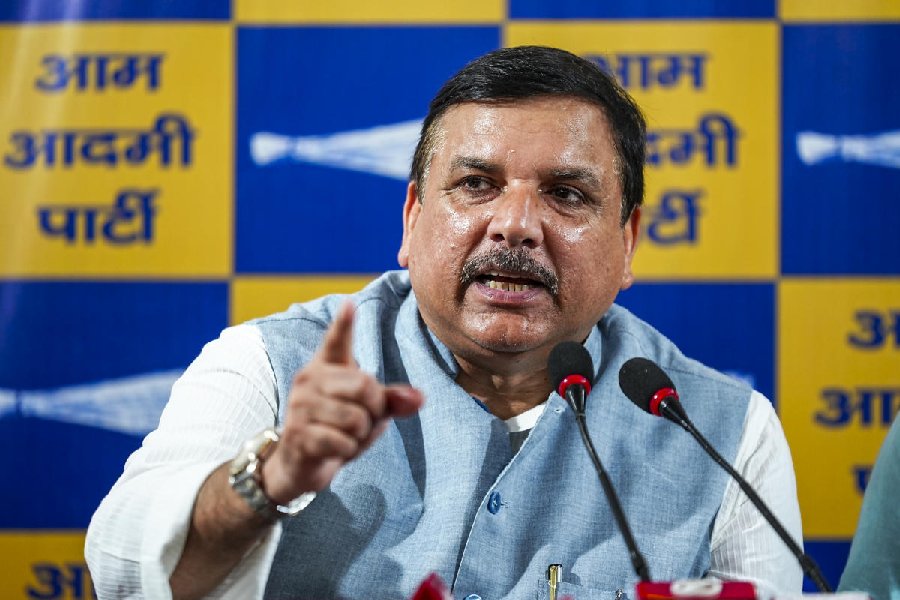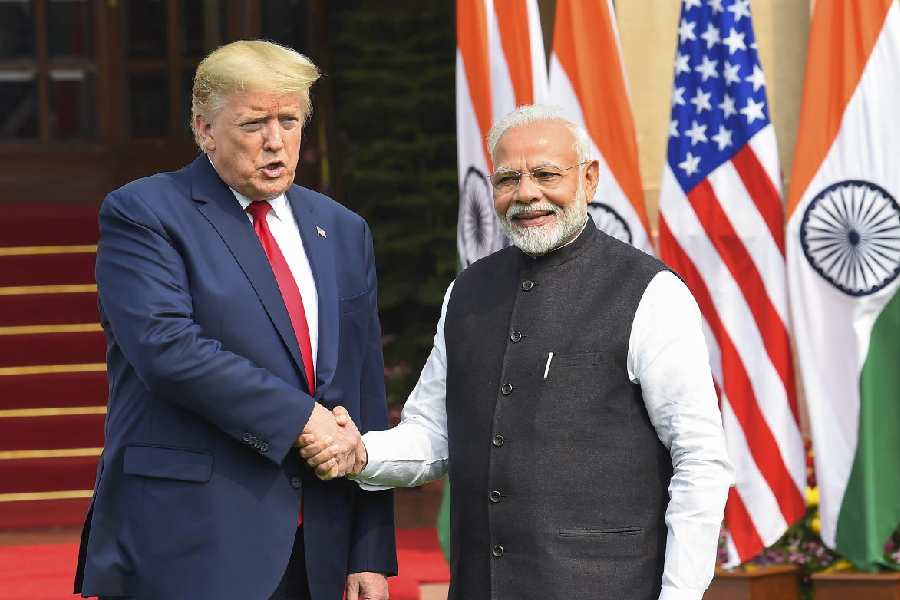Once you are invited for an interview, make sure that the date, time, location and name of the interviewer is clearly communicated to you. Don’t hesitate to call and reconfirm.
• Would you be meeting one person or a team?
• Will there be any other kind of interactions such as group discussion?
• Do you need to carry any documents?
• Familiarise yourself with the specific set of do’s and don’ts for the interview.
• Research the company information before the interview.
Knowing your interview kind
• Preliminary or screening interview.
• Traditional interviews.
• Panel interview.
• Telephonic interview.
• Final HR interview.
Dressing up for an interview
• First impressions are the best impressions. lMen: Clean shaven, neatly groomed hair, ironed clothes in sober colours, dark-coloured socks reaching up to the mid-calf and polished shoes.
• Women: Formal western wear is now gaining acceptance in India. Suits in neutral and muted colours are recommended. If you feel more comfortable in Indian clothes, go ahead with it. However, you need to be conservative about your make-up, perfume and jewellery.
Your posture during the interview and your mannerisms count. It pays to be honest, straightforward and sincere.
Ten typical questions
1. “Tell me about yourself.” What it actually means —“What is it that you have that will make me hire you?”
2. “What do you know about our company?” Enumerate what you know about the company in terms of products/services it is offering, the company’s ranking and its expansion plans. Be honest about the source of information, if asked.
3. “Why do you want to work for us?” You have to state the reason for your wanting to join this company.
4. “Tell us something about your current job profile.” What it actually means — “Tell us about your last job.’’ Speak concisely about the kind of work you are/were doing.
5. “What are your strengths and weaknesses?’’ Highlight only those strengths that have a bearing on the job at hand. When it comes to weaknesses, be candid.
6. “What are the skills that you can bring to this company?” What it actually means —“How can you contribute to this company’s growth?” This is a rephrasing of one’s strengths but relevant to your interviewer.
7. “Why should we hire you?’’ The best way to tackle this question is to diplomatically say, “from the job profile outlined and from the conversation we’ve had so far, I feel I can contribute to the organisation’s business”.
8. “Where do you see yourselves five years from now?’’ Talk about your goals in line with your career objective.
9.“What has been your achievements?’’ This is an easy question, if you have been a good performer and contributed significantly.
10.“What kind of salary are you expecting?”
Remember to carry...
• Two copies of your resume.
• Certificates of merit, appreciation letters and testimonials.
• Training details.
• Photocopy of your passport.
• Project reports, if any.
• Your interview call letter.
Tips to get your worth
• Do not write your salary expectations in the resume or covering letter.
• Check with the employer what he/she would pay a person of similar background and experience.
• Find out what the industry standards for similar positions are. Trade journals and business magazines conduct salary surveys for specific industries time and again.
What to ask:
May I know about your growth and expansion plans?
What kind of growth opportunities are provided to employees in your organisation?
How is success measured for this position?
Will any training inputs be offered?
What not to ask:
Work hours.
Leave you will be entitled to.
Number of official holidays.
Quick checklist
• Have I dressed up appropriately?
• Am I carrying all the documents?
• Do I have knowledge about the company?
• Have I prepared answers to the most common questions?
• Do I know what questions I need to ask the interviewer?
• Have I got a clear understanding of the position I am applying for?
• Have I got clear expectations of the compensation package?
• Do I know the company location well and the time taken to reach the place?
• Am I confident and positive?











